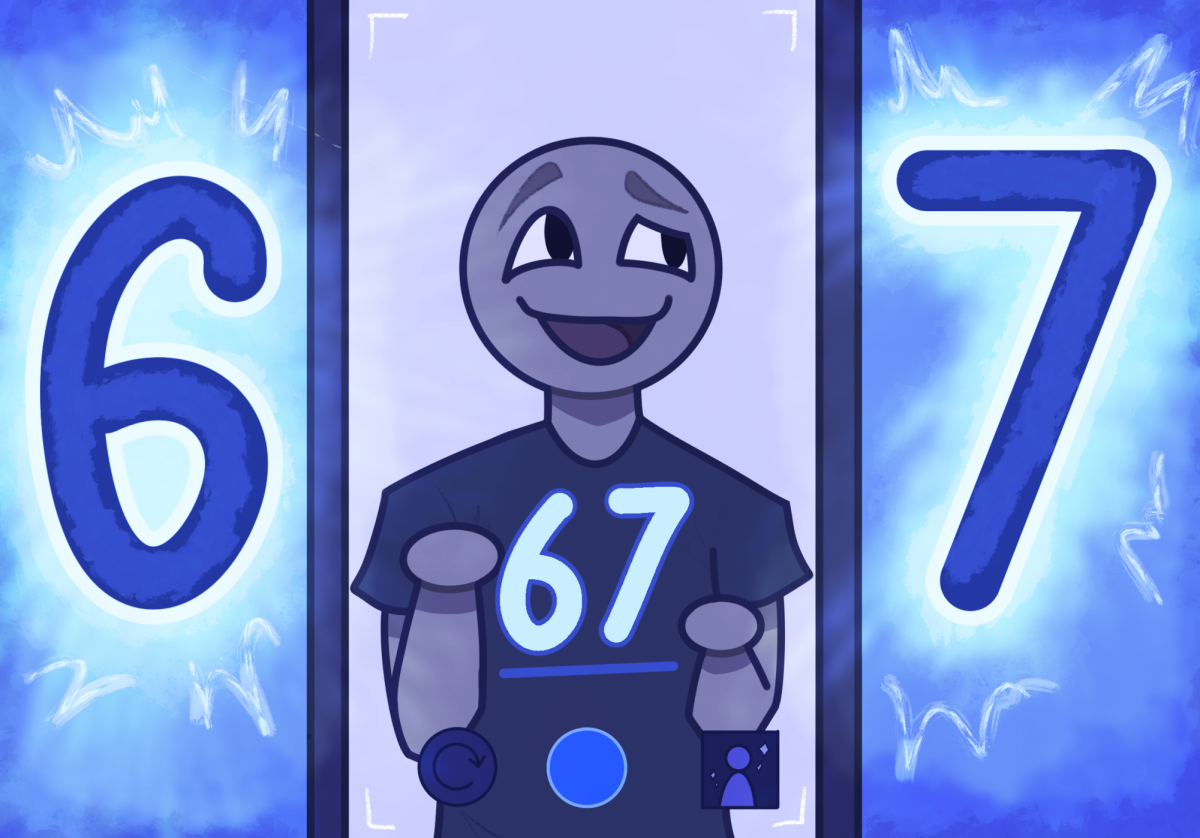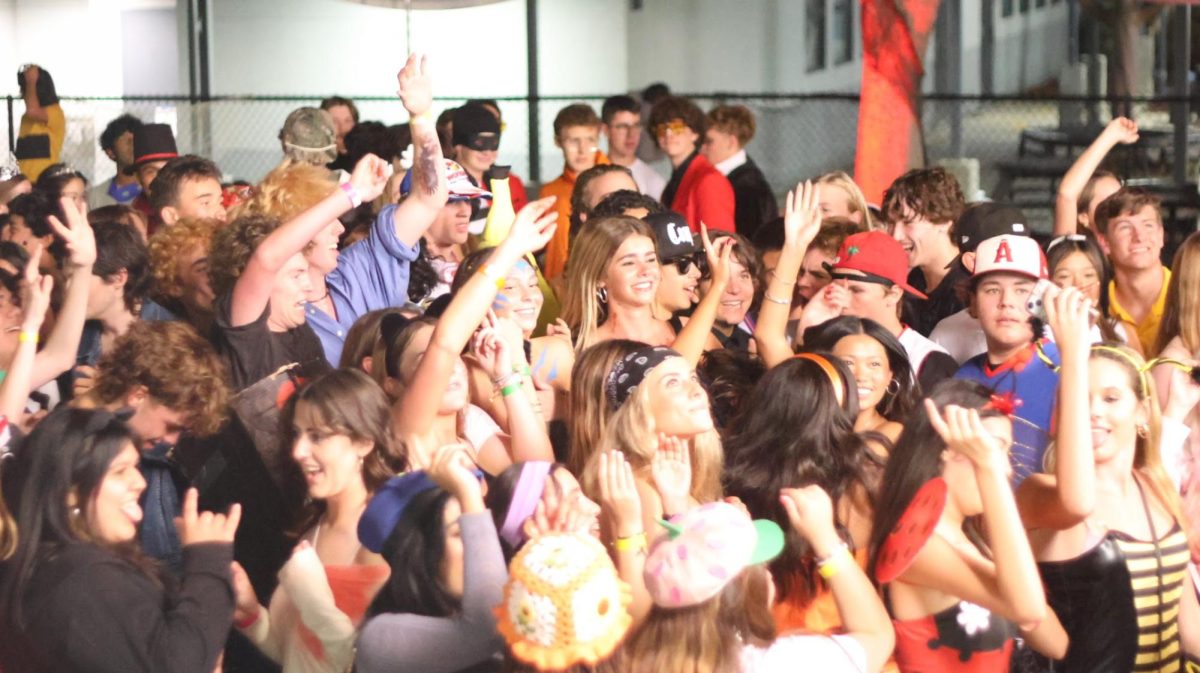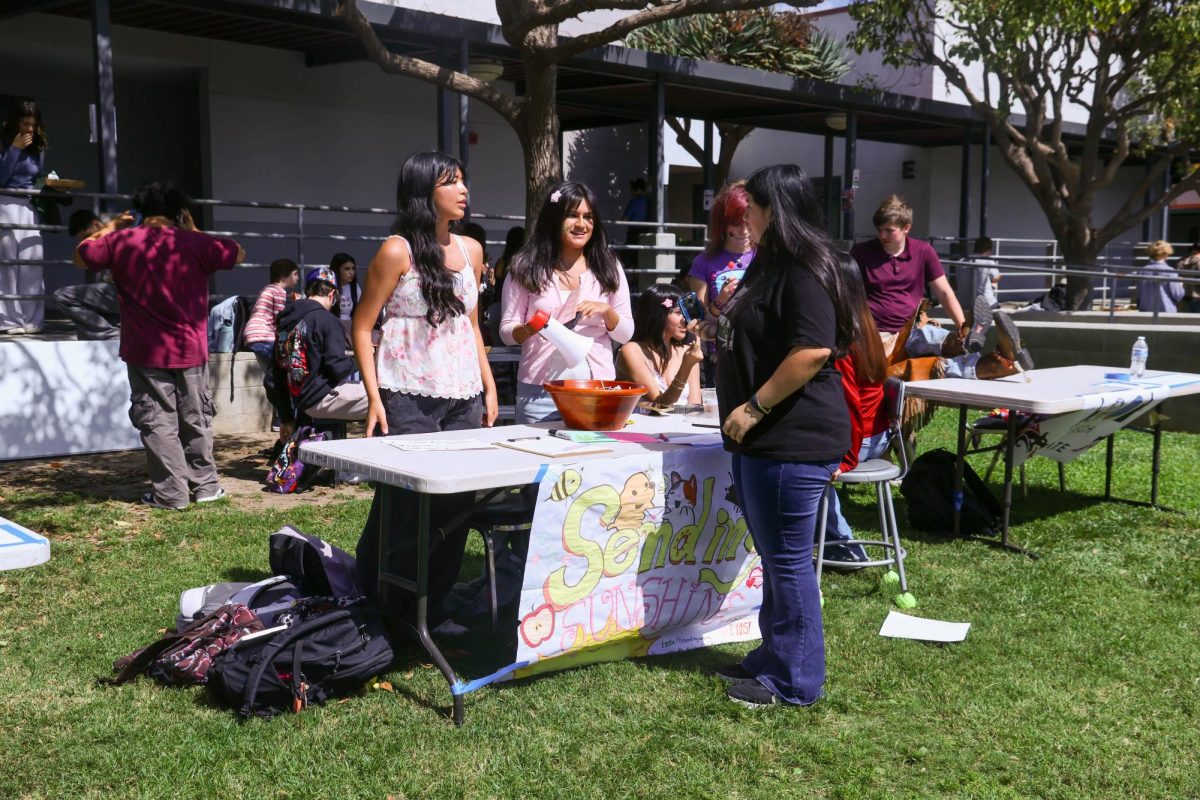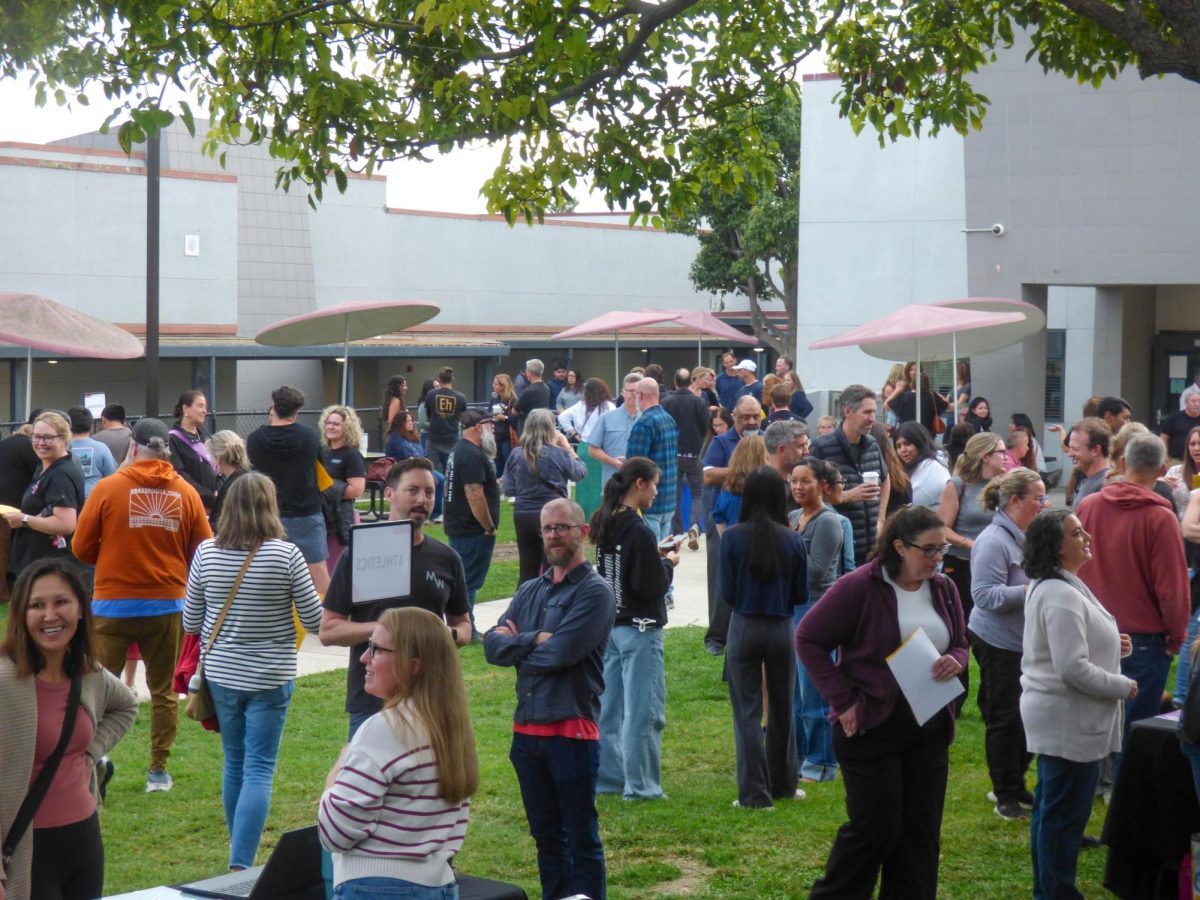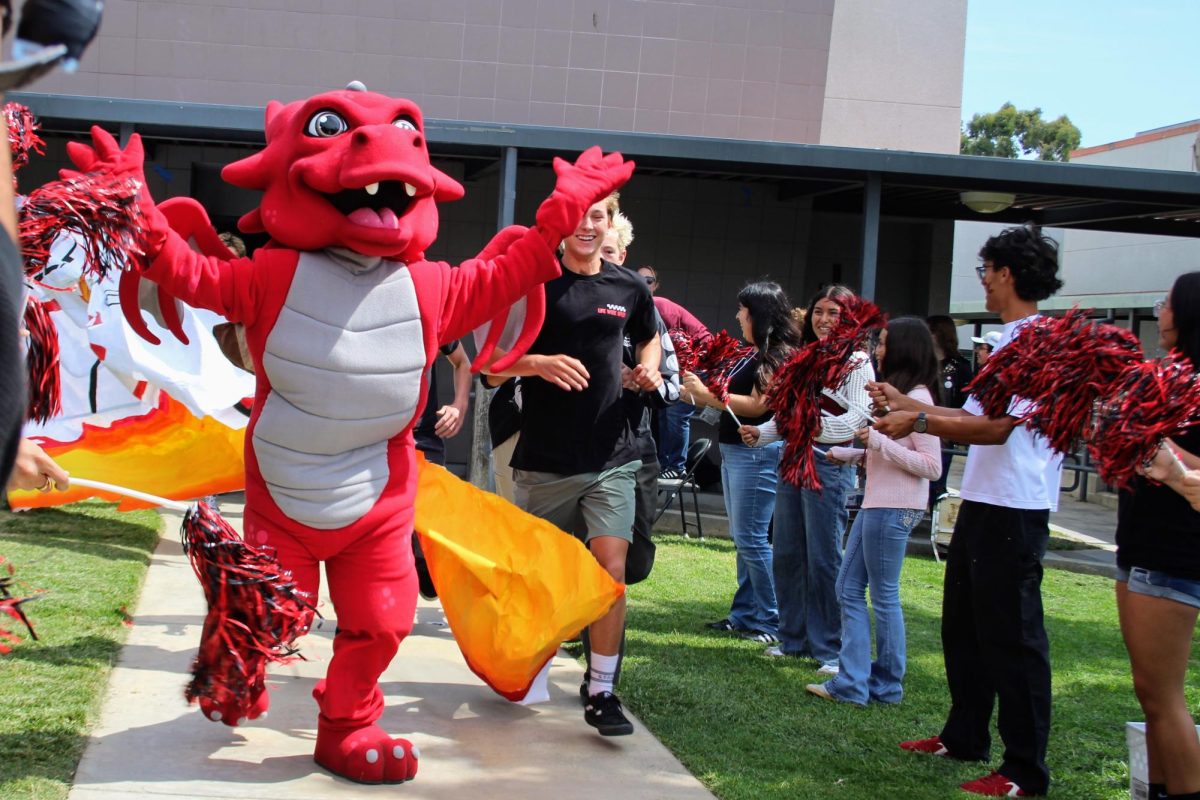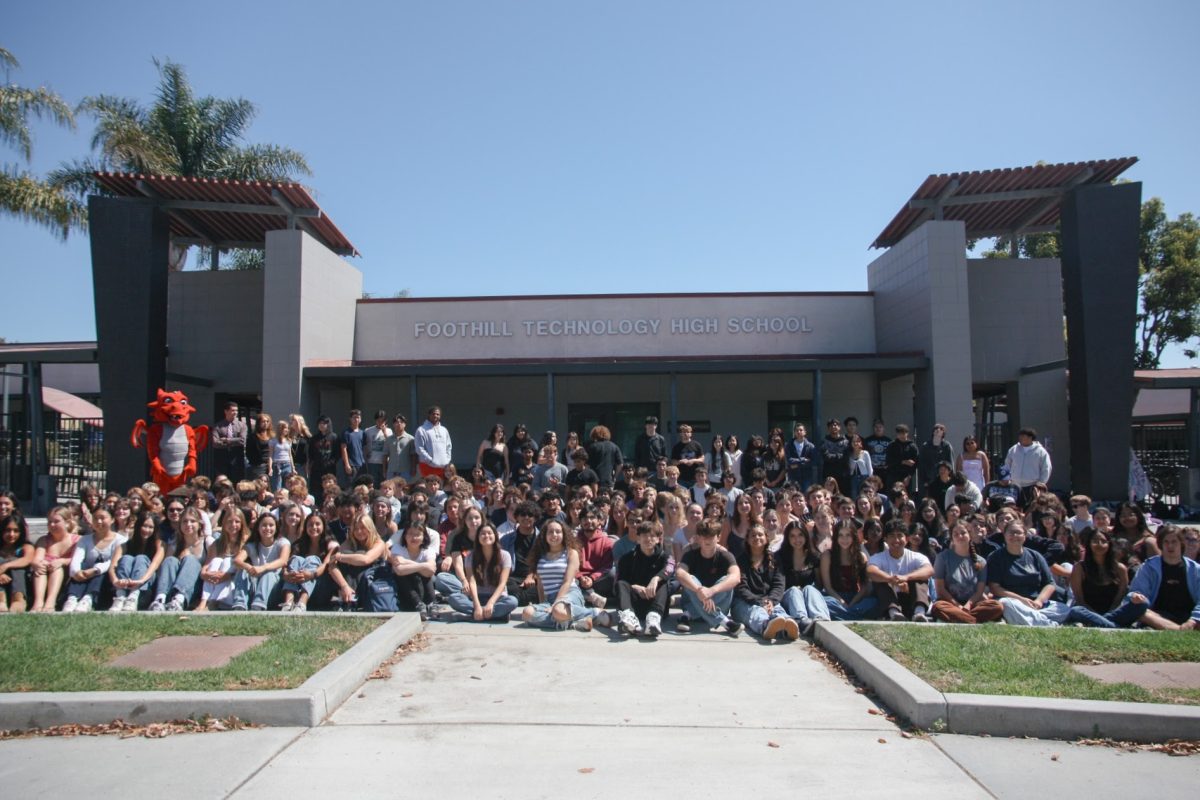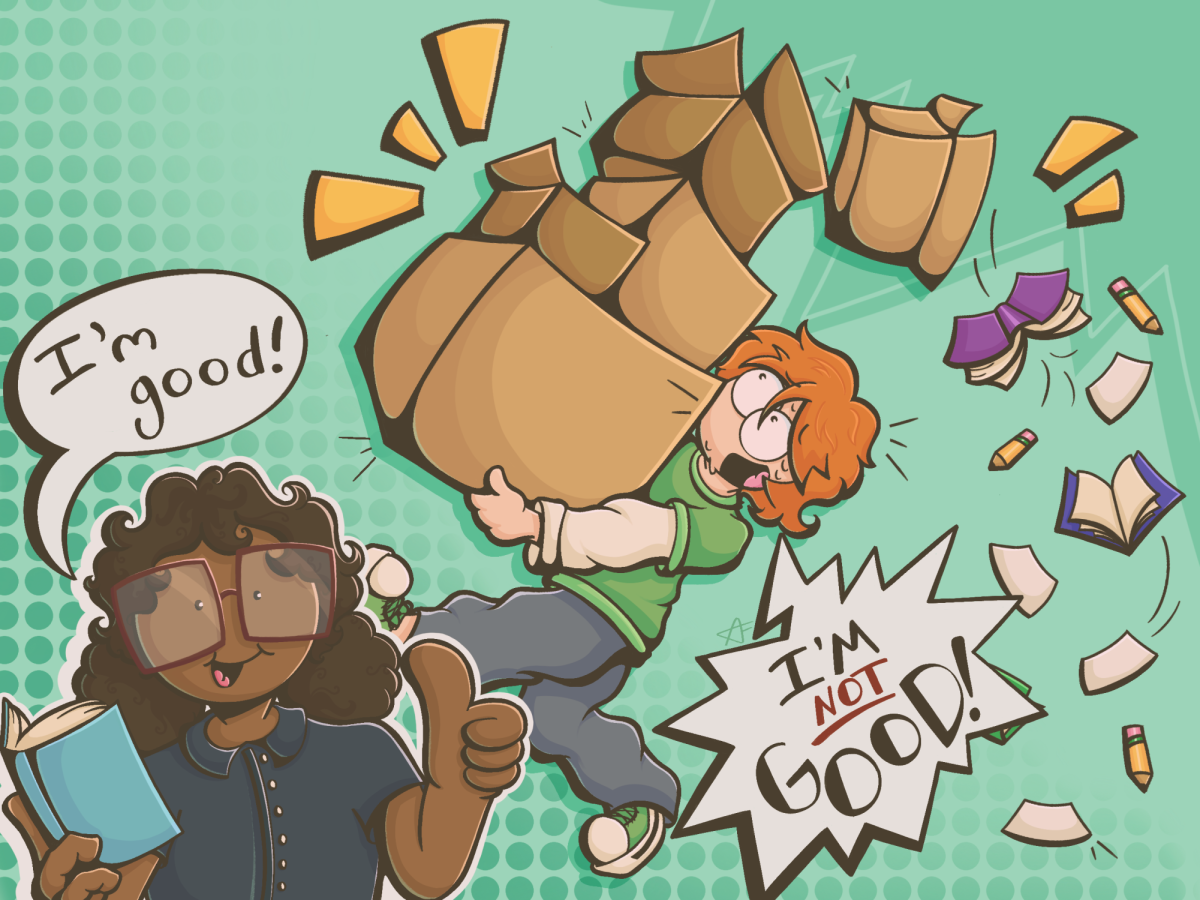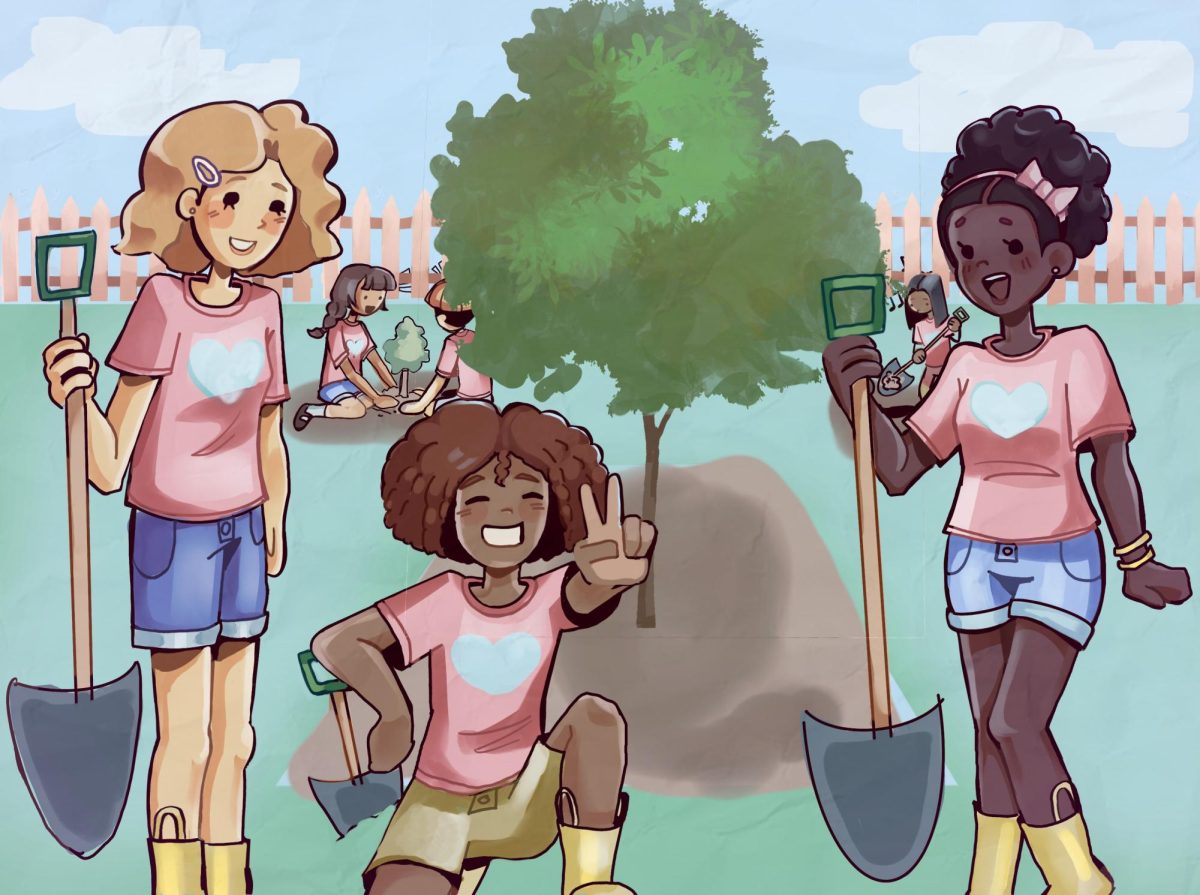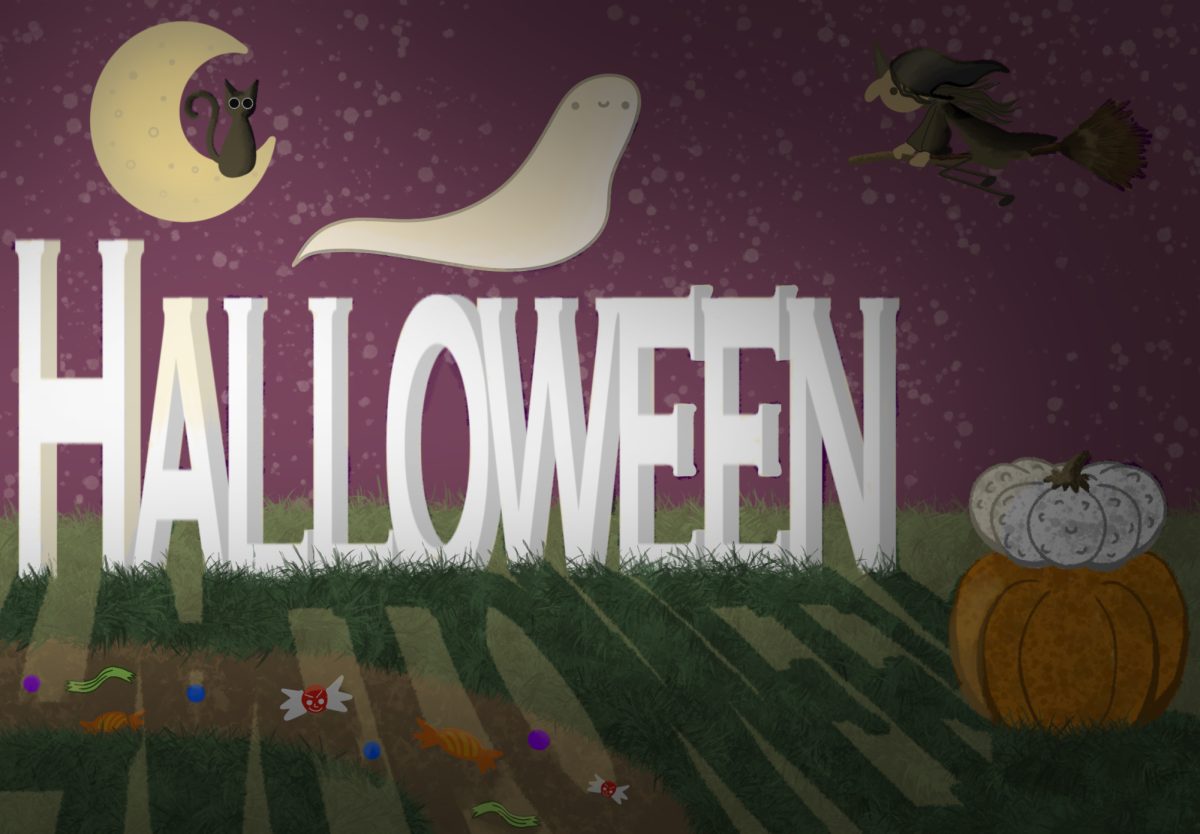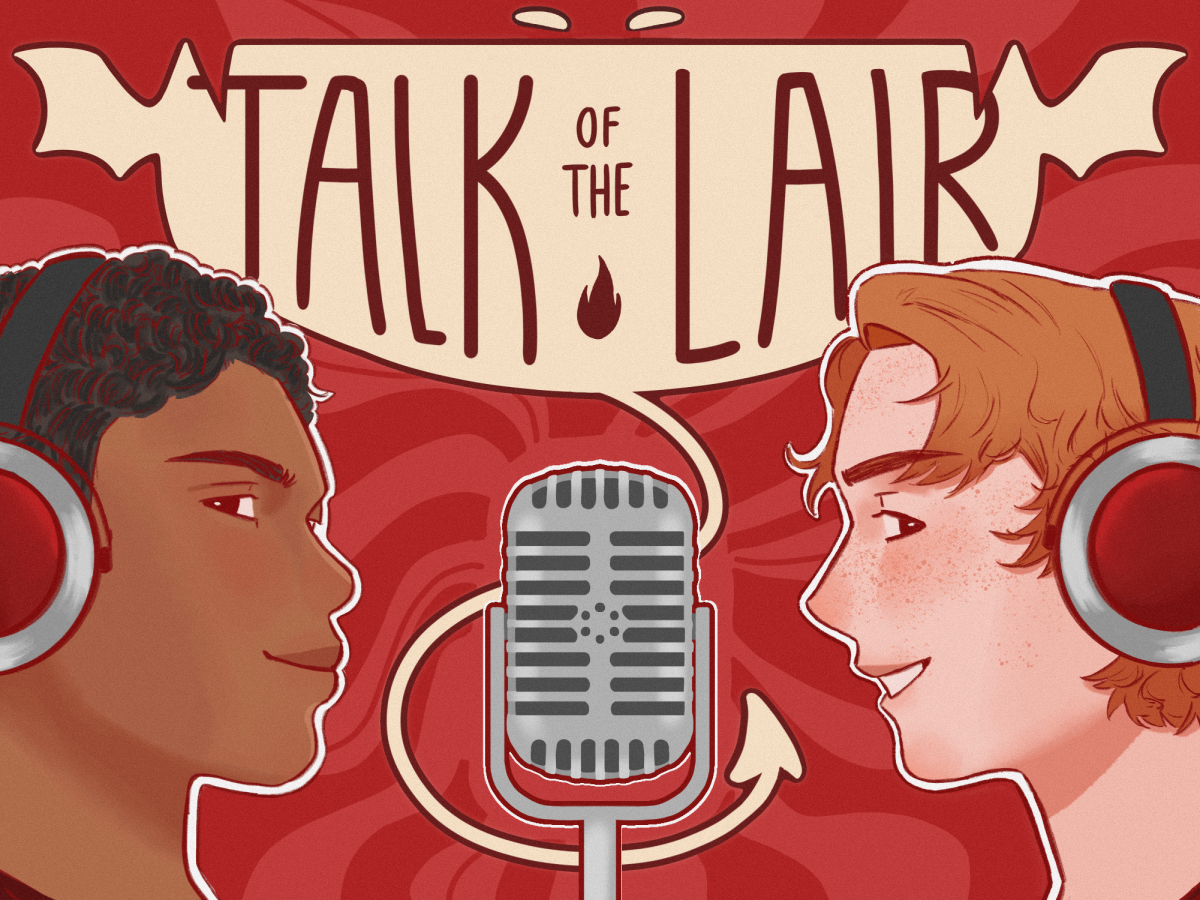At least one of these phrases is likely familiar to you — in fact, your classmate, teammate, student or child has likely said one of them to you at least once (if not, then many more times) in the last 24 hours. It may seem confusing, given the fact that the “brainrot” term is often claimed to have no meaning. Although its actual meaning still eludes the vast majority of the population, understanding where this term comes from may be a helpful starting point.
The number first gained popularity upon the release of the viral 2024 song “Doot Doot (6 7)” by Skrilla, after many creators began using the audio as background for their content. The number, present in the lyric “six-seven, I just bipped right on the highway (bip bip)” is claimed to be an allusion to 67th Street in Chicago, Ill., an area of the city known for its higher rate of gun violence and crime, according to sources such as Psychology Today. However, others rumor that the number has a much darker significance.
Another claim, made by the LAD Bible Group, states that it is a reference to police shorthand, specifically “10 codes,” drawn directly from the code “10-67,” meaning “dead body.” While the exact intention has not been made clear by the artist himself, several interpretations have been made to provide perhaps a better understanding of where the number originally came from.
At the height of this audio’s prevalence (early 2025), “one creator used it to say NBA player LaMelo Ball plays basketball like he’s six-foot-two-inches tall when he’s actually six-foot-seven,” according to Today. This meme’s popularity immediately skyrocketed, and social media creators began incorporating the number into much of their content. From the same article, “basketball players across leagues started saying it during press conferences and during on-court interviews.”
As time passed, the term evolved. Now, it can either be a joke referencing Ball’s height, a reference to the song of its origin or paired with a hand motion resembling a scale weighing one’s options, meaning “so-so.” However, most of the younger generation who use the slang word claim that it has no meaning beyond just being a funny thing to say.
One of the most common places people hear the term used is in school, and many teachers have continuously been haunted by it day after day, claiming they constantly hear it from their students.
“Here we are, what, in the middle of October? This went on all through the summer, all through August, all through September … when is it going to die out? So, I don’t know, it’s amazing it’s hung around this long,” Foothill Technology High School (Foothill Tech) history teacher Claire Adams said.
Considering that this trend started in late 2024 and early 2025, it has been around for an extensive period of time and has been showing few to no signs of dying down anytime soon. This alone upsets many adults, as they claim they are very sick of everything being somehow connected back to the meaningless term.
“The part when I really lost my mind over six seven was in my fifth period … I had a shared doc up, and I was explaining what they had to do, and one of the sophomore boys posted six seven all over it, and that’s when I … shut down the lesson and said ‘right, everyone’s writing an essay,’” Adams said.
While “six seven” is popular among the youngest generations, several students claim to have heard some adults use it, whether intentionally or not.
“I think it’s really funny, until adults use it. Then it’s not funny at all. And it’s more fun making fun of adults who use it,” Student A said.
“I mean, it’s kind of died down actually … in September, it was huge, easily three times a day. Even today, in AP Lang, the teacher said it so much, but yeah … They say it unintentionally, like Mr. Fitz has said it unintentionally, Ms. Kindred, Mrs. Anderson, Mr. Villano, all of them,” Raghav Rogesh Raja ‘27 said.
From the perspective of adults who do use it, it can be found as a way to give kids a taste of their own medicine. Instead of fighting battles they feel are impossible to win, some parents and teachers find that using the slang term is more effective than trying to get kids to stop saying it.
“I mean, I use it sometimes to get back at them. I’m like ‘wait for it, here it comes! You’re group number six, and you’re … seven!’ So sometimes it’s like [the], ‘If you can’t beat ‘em, join ‘em,’ kind of mentality,” Adams said.
When will this trend finally die? It has lasted through all of 2025, and kids are showing no signs of stopping anytime soon. Many argue that it’s more than just a word — it’s a way to bring people together, as they all feel like a part of an inside joke.
“I think it’s funny,” Sebastian Gonzalez ‘28 said.
When asked how many times a day he says or hears the number, naturally, he replied with “six or seven.”
“Six or seven?” “Six-foot-seven.” “Six seven.”


